
AIP sponsors a series of conferences that generally take place once every two years and that focus on historians of the physical sciences in the early stages of their careers. This includes graduate students and recent PhD recipients, postdocs, independent scholars, and people in early-stage faculty positions.
In addition to providing these scholars with a forum for presenting their work, the conference series also aims to provide career support and to foster a truly global community of historians who work in our area. To reach as broad a community as possible, AIP provides financial assistance for travel, and recent iterations of the conference have been held in different locations around the globe.
Planning has begun for the seventh Early Career Conference, which we anticipate will be held in Toronto, Canada, in the summer of 2027.
Photo: Participants at the Sixth AIP Early Career Conference, which was held in Salvador, Brazil, in August 2025. Photo courtesy of Climério Silva Neto.
2025 — Sixth AIP Early Career Conference

Participants at the Sixth Early Career Conference.
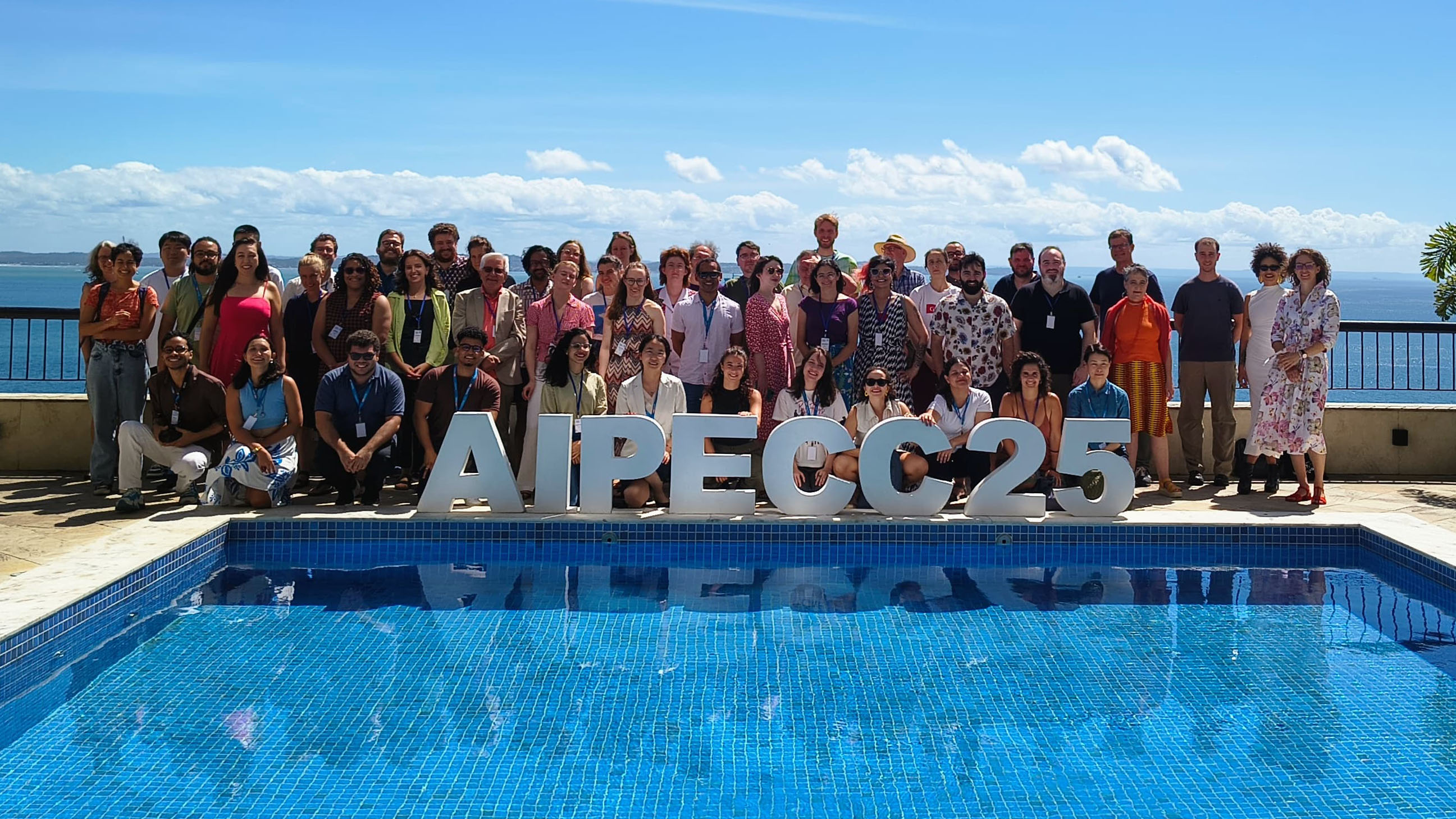
Salvador, Bahia, Brazil | August 4–9, 2025
Organizing committee
Climério Silva Neto, Carla Rodrigues Almeida, Rebecca Charbonneau, Duim Huh, Jinyan Liu, Jean-Philippe Martinez, Elena Schaa
2023 — Fifth AIP Early Career Conference

Participants at the Fifth AIP Early Career Conference.
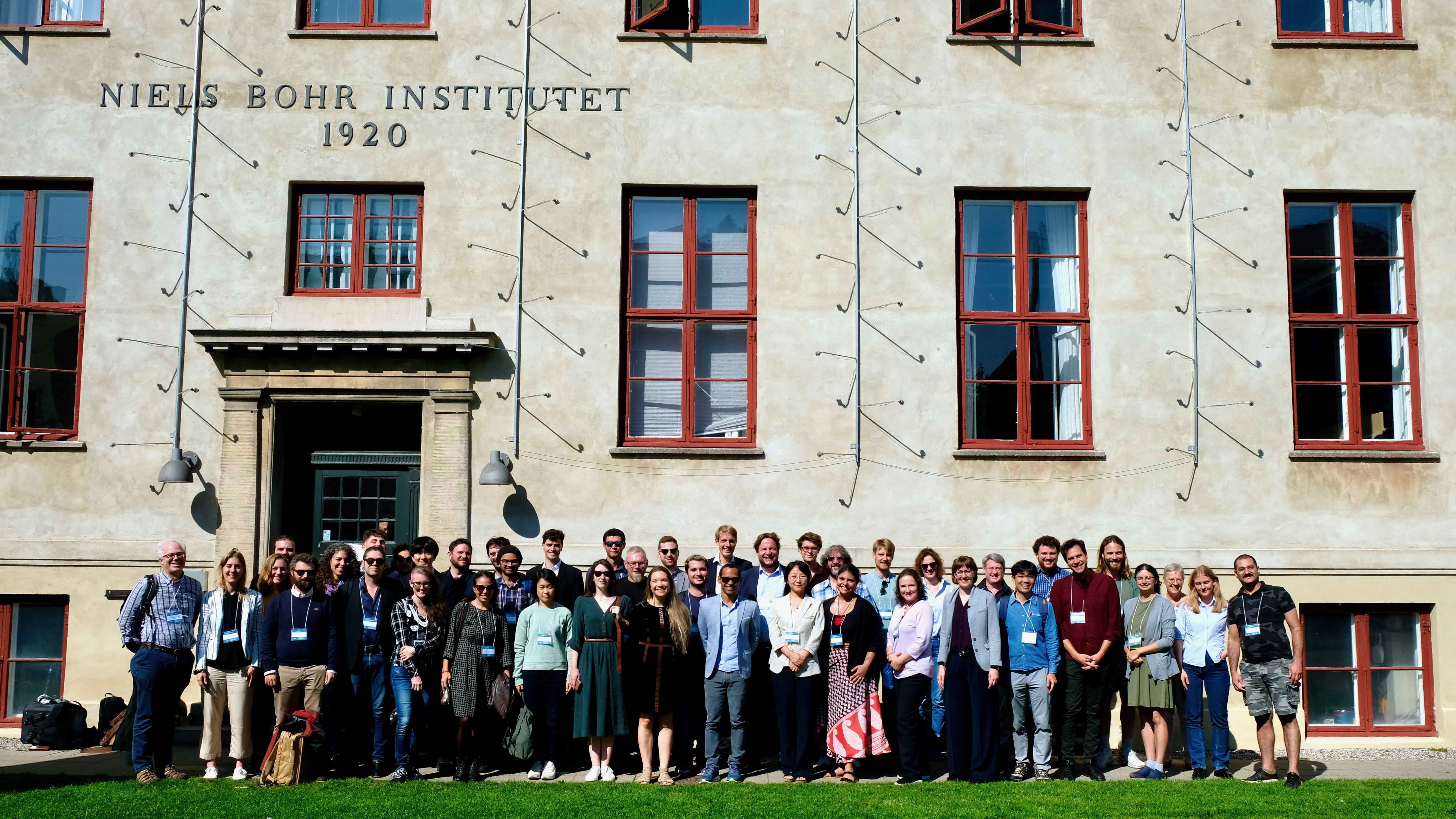
Copenhagen, Denmark | August 31–September 3, 2023
Organizing committee
Joanna Behrman, Jenifer Barton, Julia Bloemer, Magnus Bøe, Rebecca Charbonneau, Climério Silva Neto
2018 — Fourth AIP Early Career Conference

A presentation at the Fourth Early Career Conference.
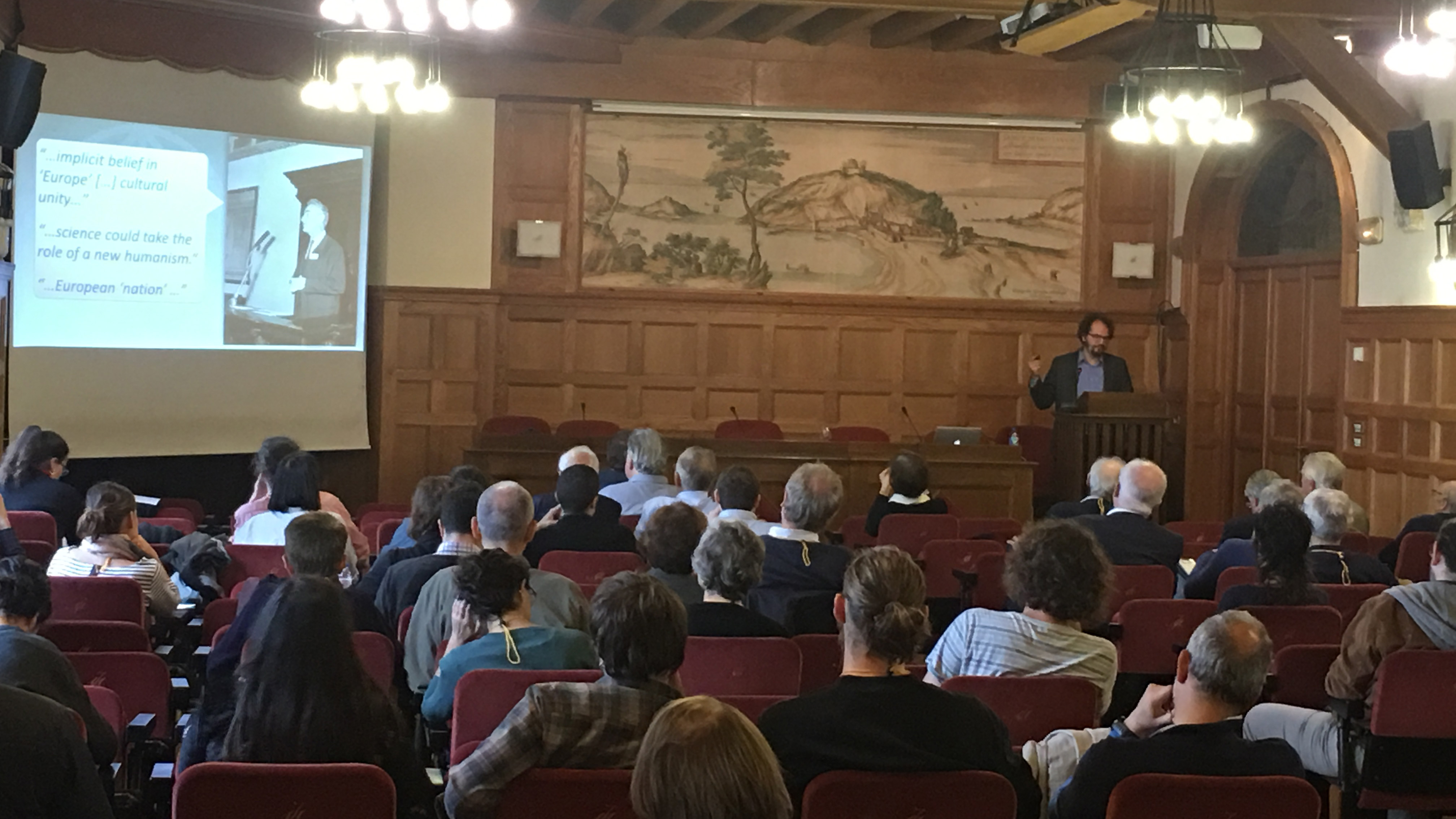
Donostia / San Sebastián, Spain | October 17–20, 2018
Organizing committee
Jenifer Barton, Joanna Behrman, Gabriel Henderson, Jean-Philippe Martinez, Gustavo Rodrigues Rocha
2016 — Third AIP Early Career Conference

Participants at the Third Early Career Conference.
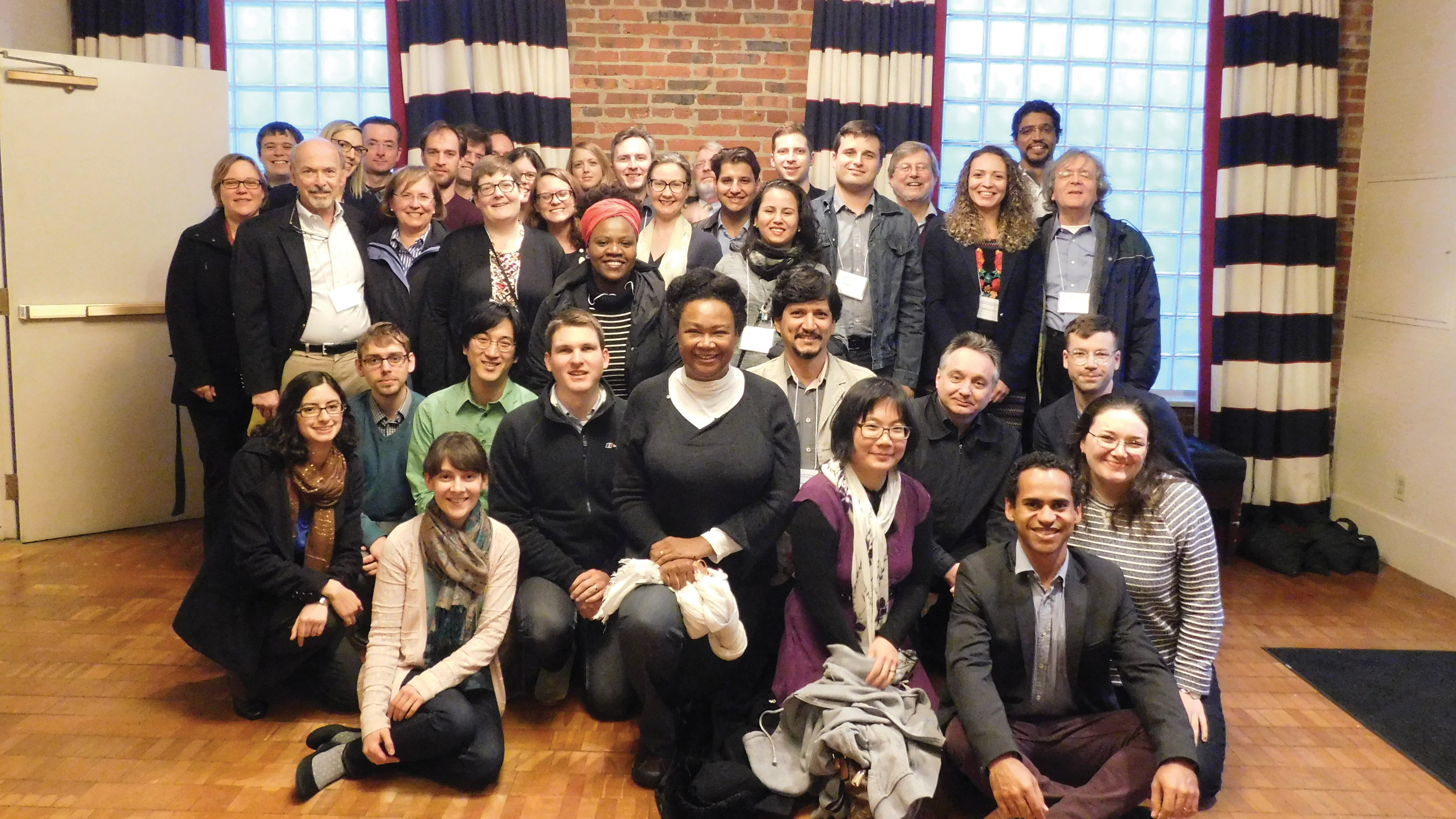
Annapolis, Maryland, USA | April 6–9, 2016
Organizing committee
Teasel Muir-Harmony, Victoria Andrade, Daniel Liu, Daniel Jon Mitchell, Benjamin Wilson
2014 — Second AIP Early Career Conference

Participants at the Second Early Career Conference.
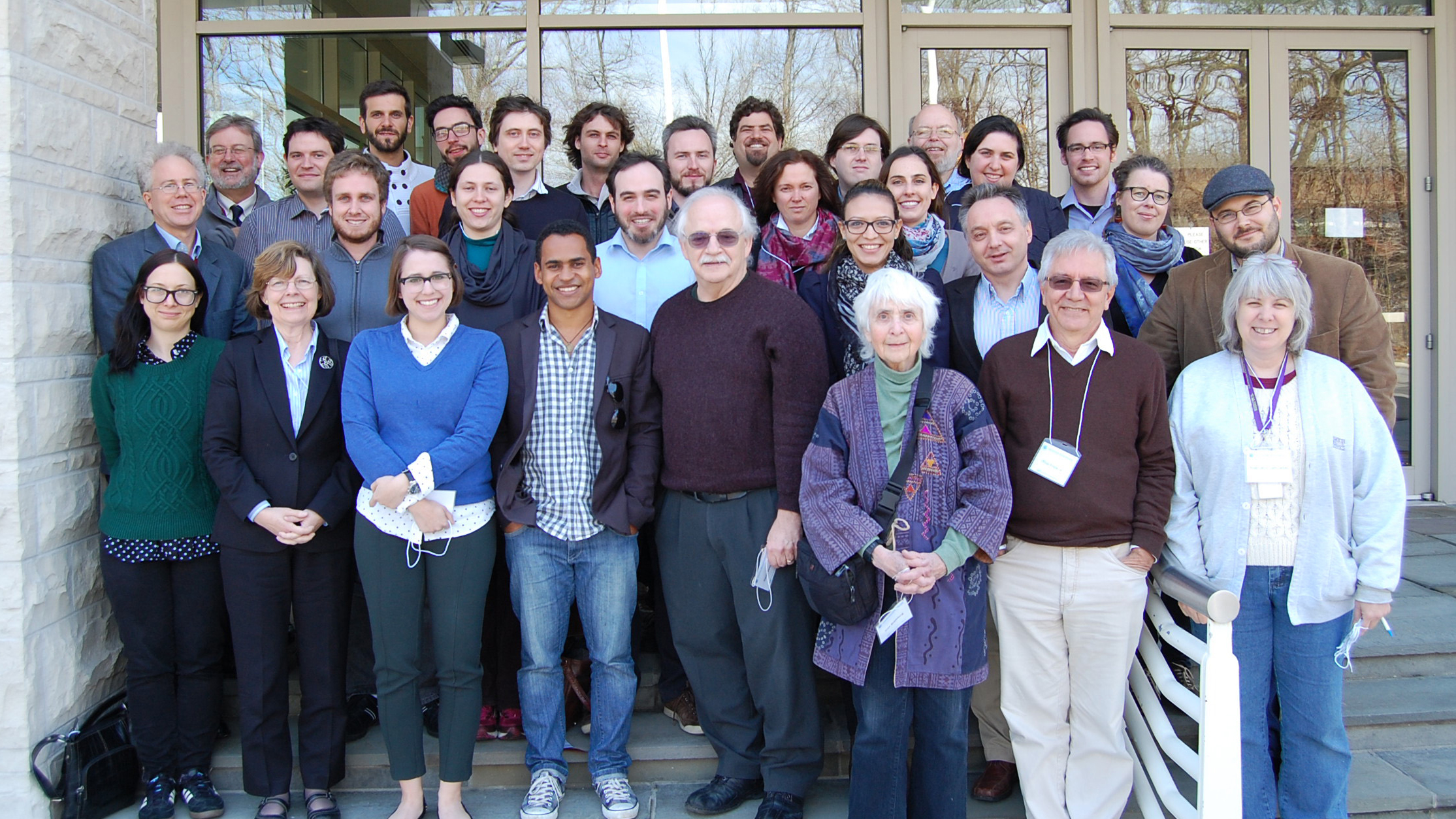
College Park, Maryland, USA | March 30–April 1, 2014
Organizing committee
Lisa Ruth Rand, Indianara Silva, Gabriel Henderson, Christian Joas, Thiago Hartz
2011 — First AIP Early Career Conference

Participants at the First Early Career Conference.
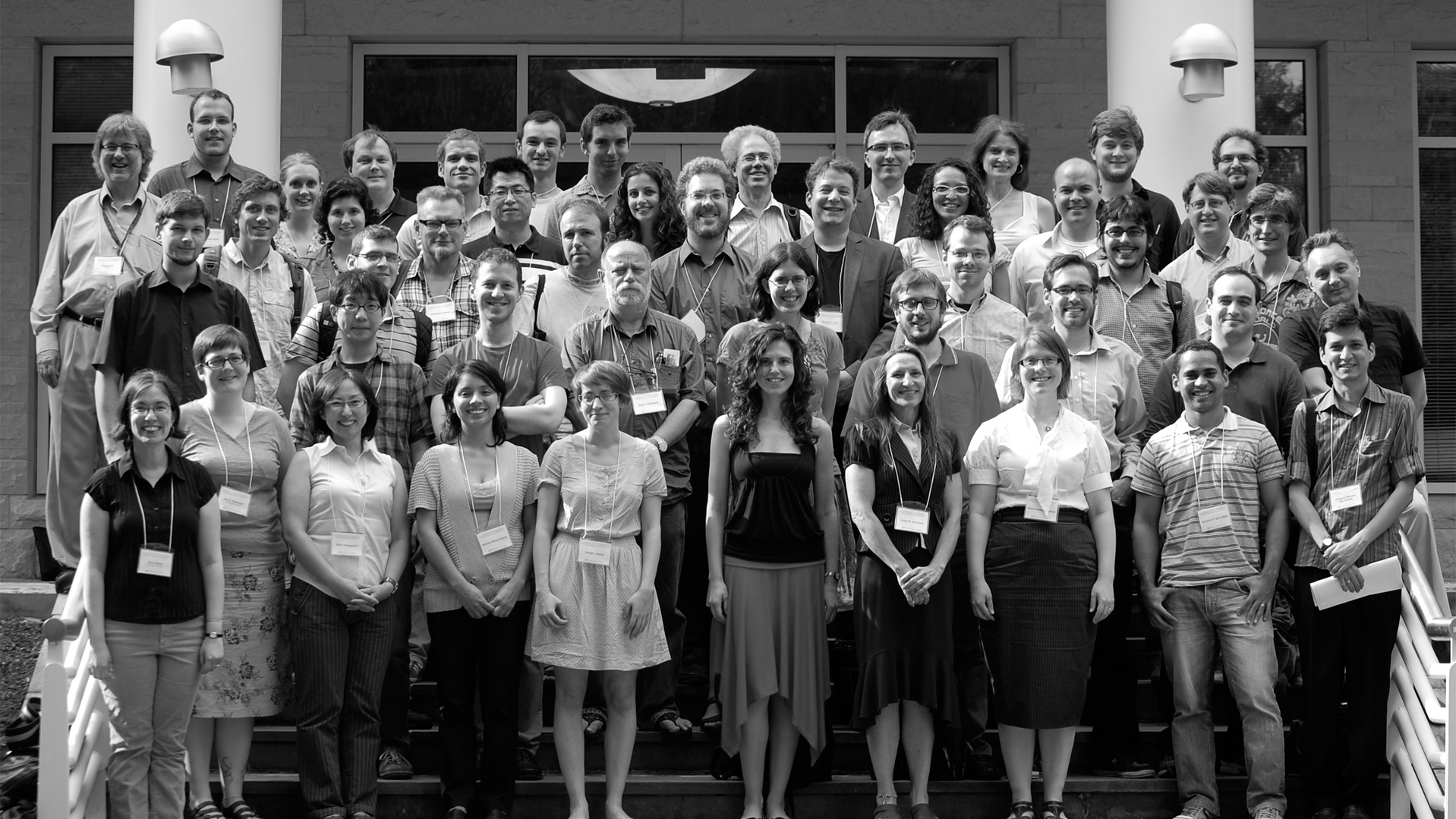
College Park, Maryland, USA | July 27–31, 2011
Organizing committee
Amy Fisher, Fábio Freitas, Anna Holterhoff, Christian Joas, Joseph Martin, Ann Robinson, Pierre Teissier, Xiaodong Yin